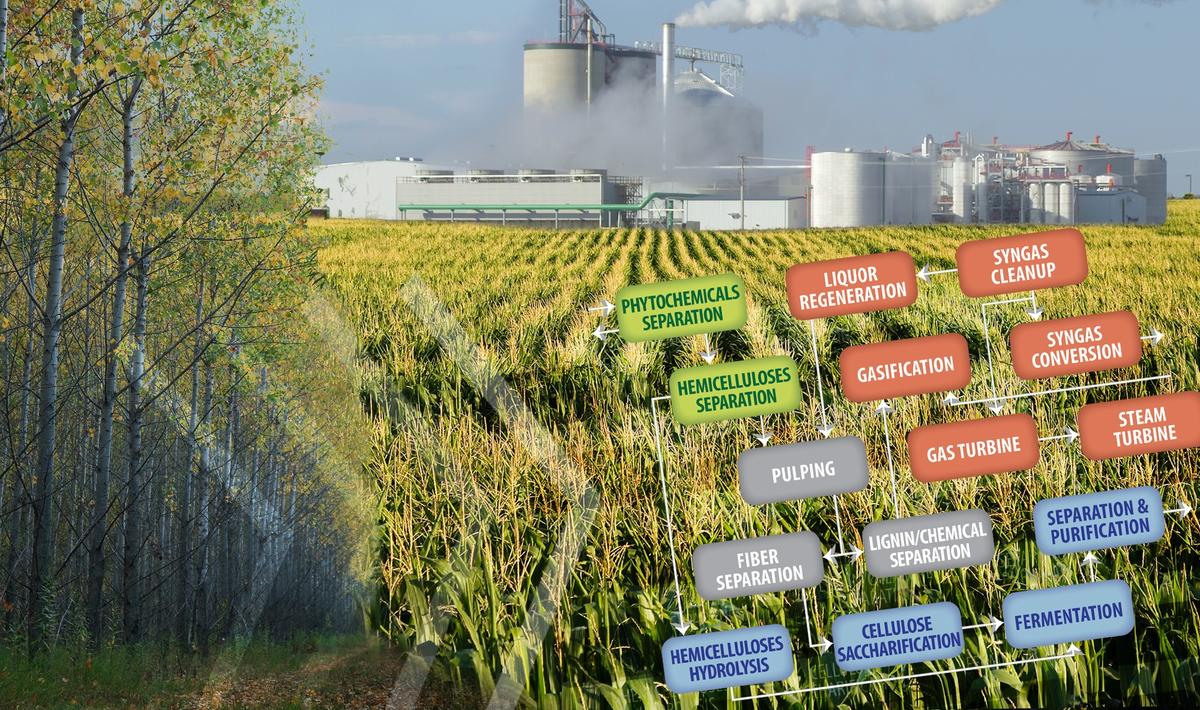
Our current research efforts are primarily focused on following areas: Structure-property functional relationships and transport through porous biomaterials. Here we visualize and characterize the 3D structure of porous materials such as biomass, wood chips, paper, board, biocomposites, paper making fabrics. We use advanced materials characterization techniques such as XRCT (X-ray computed tomography), TEM-CT, and Confocal Laser Scanning Raman Spectroscopy. Using sophisticated image analysis tools that we deveoped we can characterizing the structural features such as porosity, surface area, 3D pore size distribution, geometric tortuosity. In addition, using random walk simulation we can estimate the anisotropic transport properties such as diffusivity, permeability and conductivity of porous biomaterials and how they influence the manufacturing process as well their end use applications. We use the above structure-property relationship to better understand manufacturing processes such as dewatering, drying, membrane separation. Recently we have been developing simultaneous transport and reaction model to study biomass conversion technologies to gain fundamental insights in addressing some key challenges.
Our second area of research focuses on using process modeling, simulation and optimization of integrated biorefineries to provide further insights in addressing the challenges in the development of integrated biorefineries. This includes pre-extraction of hemicellulose prior to pulping and its conversion to biofuel; utilization of waste cellulose fibers and fines; alternate methods of utilization of black liquor during pulp and paper manufacturing; integrated biomass conversion and separation and purification in lignocellulose conversion to biofuels and value-added coproducts; and feasibility of algal biorefineries.
In pulp mill based integrated biorefineries we have been exploring pre-extraction of sugars from biomass combined with separation of short fiber from the waste stream and their conversion to biofuels and value-added renewable bioproducts. Butanol is not only an advanced drop in biofuel but also an important chemical and industrial solvent. Process intensification and integrated bioprocessing and separation technologies are explored as potential approaches to overcome the challenges in bio-butanol, namely product inhibition, low yield and productivity and cost. In the case of algal biorefineries the effect of geospatial factors, bioreactor type and process design parameters on the feasibility of algae as a renewable feedstock are of interest. In addition we are interested in determining the optimum product portfolio that is best suited for algal biorefineries under different scenarios.